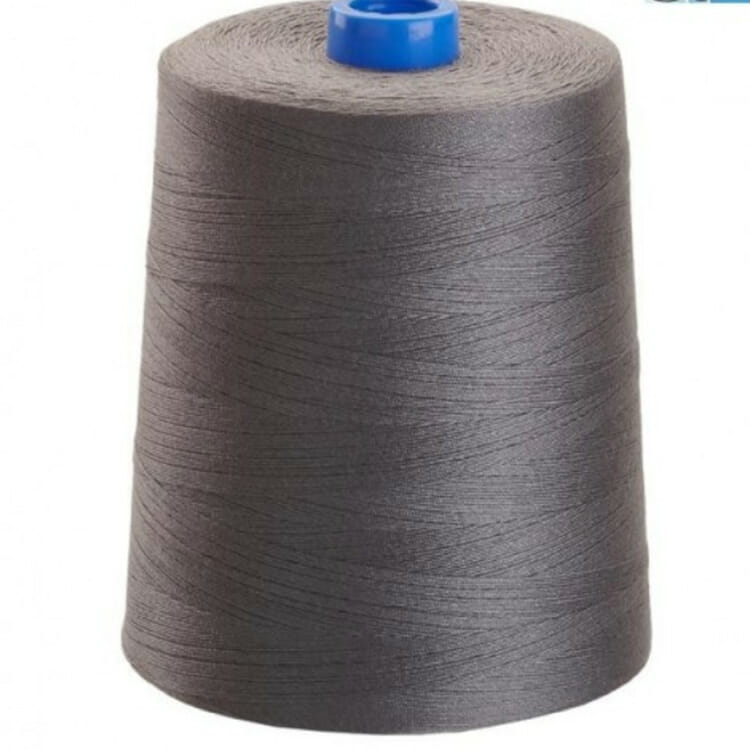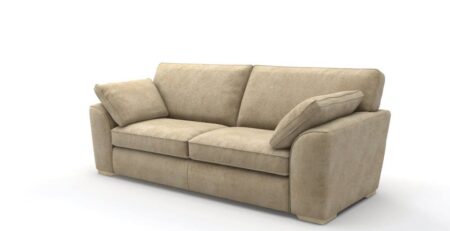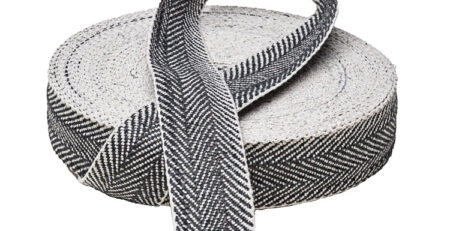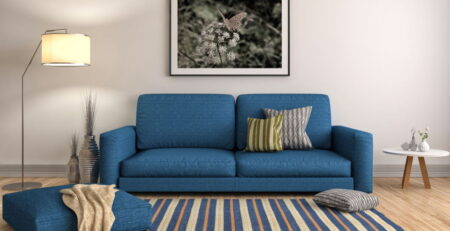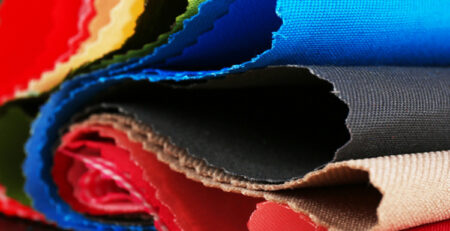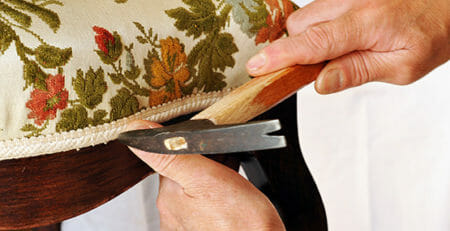Everything You Need to Know About Upholstery Thread: A Comprehensive Guide
Know About Upholstery Thread
When it comes to restoring furniture, one of the most crucial elements that often goes unnoticed is upholstery thread. This unassuming material plays a pivotal role in holding together the fabric, providing strength, durability, and aesthetics to upholstered furniture. In this article, we will delve into the world of upholstery thread, exploring its importance, types, and the factors to consider when choosing the right thread for your upholstery project.
Importance of Upholstery Thread:
Upholstery thread serves as the backbone of any upholstered furniture piece, ensuring that the fabric remains firmly in place. It is used for stitching together the different sections of the upholstery, providing structural support, and preventing the fabric from tearing or unraveling over time. Without high-quality upholstery thread, even the most exquisite fabric and meticulous craftsmanship would be rendered ineffective.
Types of Upholstery Thread:
- Polyester Thread: Polyester thread is the most common type of upholstery thread due to its exceptional strength and resistance to moisture, chemicals, and sunlight. It is known for its high tensile strength, making it suitable for heavy-duty upholstery projects. Polyester thread is available in various thicknesses, colours, and finishes, allowing for endless possibilities in upholstery design.
- Nylon Thread: Nylon thread is another popular choice for upholstery projects. It offers excellent tensile strength, abrasion resistance, and durability. Nylon thread is perfect for upholstery that requires flexibility and elasticity, as it can withstand frequent stretching without breaking. Moreover, it is resistant to mildew and rot, making it an ideal choice for outdoor furniture upholstery.
- Cotton Thread: Cotton thread is a natural option that provides a softer, more traditional look to upholstered furniture. While it may not possess the same strength as polyester or nylon, cotton thread offers excellent sewing properties, making it suitable for delicate and lightweight fabrics. It is essential to note that cotton thread may deteriorate over time when exposed to sunlight or moisture, so it is best used for indoor furniture projects.
Factors to Consider When Choosing Upholstery Thread:
- Strength: The thread’s strength is a crucial factor to consider, especially for furniture that receives regular use and requires heavy-duty support. Ensure that the thread you choose can withstand the stress put on the fabric during everyday use.
- Durability: Upholstered furniture is subject to constant wear and tear. Therefore, the thread used should offer exceptional durability to withstand these challenges. Consider the material’s resistance to abrasion, chemicals, moisture, and sunlight to ensure a long-lasting and robust upholstery job.
- Colour and Aesthetics: Upholstery thread is available in a wide range of colours. Consider the desired aesthetic of your upholstered furniture, and choose a thread colour that complements or contrasts with the fabric to create a visually appealing result. The right thread colour can add a unique touch, enhancing the overall appeal of the piece.
- Fabric Type: Different fabrics have specific requirements when it comes to thread selection. For instance, heavyweight fabrics like leather or vinyl would require a stronger and more robust thread to ensure a secure and long-lasting bond. Delicate fabrics, on the other hand, may necessitate finer, lightweight threads to avoid visible stitch marks.
Upholstery thread may not be immediately evident when admiring a piece of furniture, but it is undoubtedly a crucial component of the overall design and durability. Whether you’re restoring an antique sofa, reupholstering a worn-out chair, or designing a custom piece, choosing the right upholstery thread is vital for ensuring strength, longevity, and aesthetics.
Consider factors such as thread strength, durability, colour, and fabric compatibility when making your selection. Whether you opt for polyester, nylon, or cotton thread, rest assured that proper consideration of these factors will yield a successful upholstery project that stands the test of time. So, the next time you embark on a furniture restoration journey, remember to give upholstery thread the attention and recognition it deserves, as it truly is the unsung hero of furniture restoration.


